You know when employers ask you what your biggest weakness is and it's awkward? Well, my answer is...I am a workaholic. Don't hire me unless you want someone who is 100% dedicated to slaying corporate goals. Just kidding.
My real answer (which I wouldn't share with a potential employer) is I don't take criticism very well. It's not because I think everything I do is perfect and amazing, and I'm right about everything. Quite the opposite. It's because criticism plays into my least favorite psychological phenomenon: IMPOSTER SYNDROME.
My natural reaction to criticism isn't, "Wow, what a great suggestion!" It's more like, "OMG. What am I doing here? Why do I own a business? How do I call myself a writer? I should quit my life and work as a chimney sweep."
I know. Harsh. And, so ridiculous.
Why am I even bringing up Imposter Syndrome in relation to starting/enhancing your freelance writing business?
Because psychological research shows two things:
Imposter Syndrome affects nearly everyone (70% of the population, to be exact), including the likes of total losers like Tom Hanks, Sheryl Sandberg, Lady Gaga, Tina Fey, and Howard Shultz.
When you buy into Imposter Syndrome, it hinders personal growth and goal achievement in a significant way.
My hope is to offer a bit of encouragement and some strategies to overcome Imposter Syndrome as you build your freelance writing business.
1. You are awesome and uniquely talented. Seriously, Dr. Suess even said so, “Today you are you, that is truer than true. There is no one alive who is you-er than you. Shout aloud, I am glad to be what I am. Thank goodness I'm not a ham, or a clam, or a dusty old jar of gooseberry jam. I am what I am, what a great thing to be. If I say so myself, happy every day to me!”
2. You don't have to know everything (or anything) to work toward your goals. Einstein wasn't born...well...Einstein. I mean, he was, and he wasn't. He was always Einstein, but he didn't come out of the womb holding a Nobel Prize for Physics. It took hard work, trial and error, research, dedication, and...you guessed it...dealing with Imposter Syndrome.
3. Your worth as a human (and writer) isn't defined by your external achievements. Rainer Marie Rilke says that the only relevant question for writers is, "must I write?" He doesn't tell you to ask yourself, "Have I been published in the New York Times?" "Do I make $200K a year?" "Do I know every grammar rule in the book?" If you must write, you're a writer. End of story.
4. Be your own BFF. This one comes from my therapist. If the 4-year-old version of yourself was trying something new, would you tell your cute little self you were a total fraud and not good at it and should stop trying? No way! You'd pick that little person up, give yourself a hug, and tell yourself you are awesome for trying, learning, and accomplishing new goals and are growing in ways that are unimaginable. Talk to yourself the way you’d talk to your 4-year-old self.
5. Roll with instant successes. Imposter Syndrome isn't always triggered by criticism. In fact, it's more often incited by rapid success, which may explain why it affects so many celebrities. It’s normal to feel out of place when you set expectations of what it takes to get somewhere and then you suddenly find yourself there, but you skipped some of the steps. Rapid success doesn’t make you a fraud; it makes you cool (and maybe a bit lucky).
Imposter Syndrome is real and affects most of us, but it's not a reflection of reality. Don't let it hold you back from seeking out help and working toward your goals, even if you don't know what you're doing yet. Whatever it is you set out to do, do it because you are worth everything you have worked for or will work for. You are not a fraud; you're fantastic.

